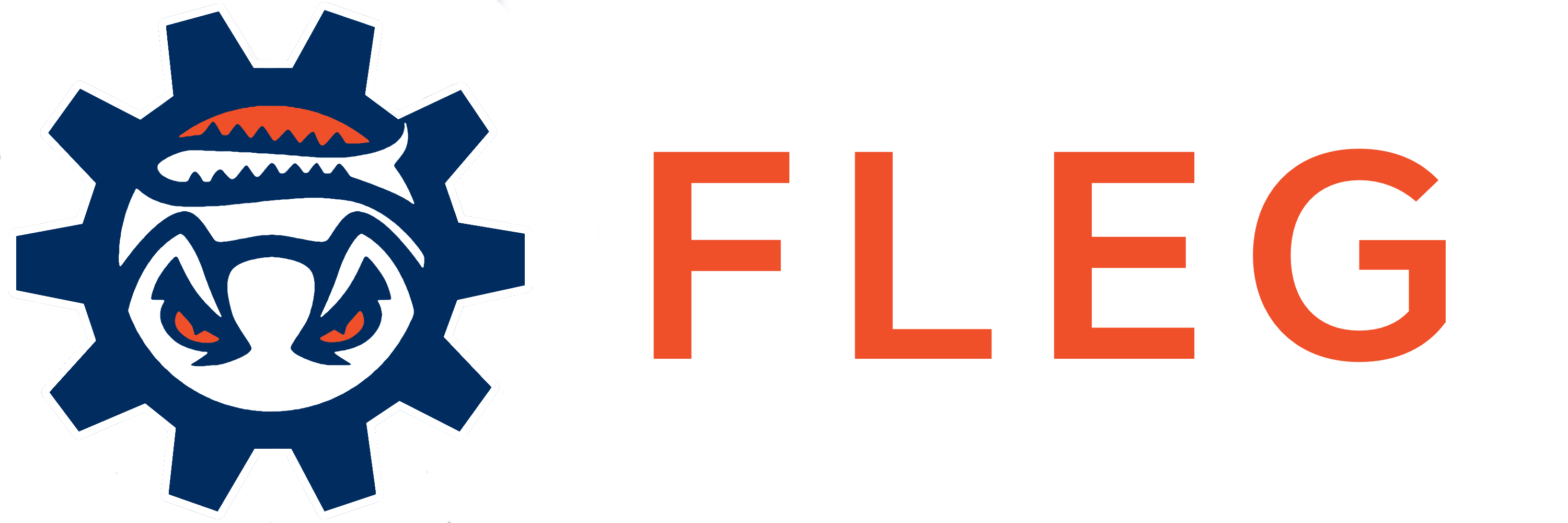By Jessica Goel
When I was a senior in high school, I didn’t really have a concept of what college would be like. That was to be expected, since you never really know what something is going to be like before you try it; however, I was a special case. Both of my parents are immigrants to the United States; my mom came here in 1995 and my dad in 2000. Neither of them went to school in the United States, either, they both had finished high school and subsequently gotten accounting degrees from different community colleges in India. I had been under the impression that it would be a strictly meritocratic academic environment filled with fellow scholars completely divorced from the ostentatious posturing of high schoolers. So you can imagine my shock when I went to Preview and the one thing that was stressed was “make friends and join clubs.”
Never one to back down from a challenge, and what a challenge it was, telling a self-identifying introvert to “make friends”, as if I could simply conjure them from thin air, I set about trying to find as many clubs for my chosen major as possible. Society of Women Engineers I had heard about at Preview and was already planning on attending their welcome event. Biomedical Engineering Society was tabling at the Reitz Union and I quickly added myself to their ListServ. Then I saw a poster that told me to apply for something called “FLEG.” The word “apply” had me worried, but hey, I had brought a professional dress and shoes to campus, so I marched myself to Turlington to go to the formal meet and greet.
It was here where I became convinced that I wanted to join but was completely unfit for it. Every conversation felt stilted and awkward, I was entirely sure that I had made one of the co-directors of the Outreach committee despise me, and I headed back to my dorm to take off my makeup and have a quick panic attack before my roommate came back from her job. After not going to any other recruitment events and forgetting about FLEG for a week while worrying about my chemistry grade, I remembered to actually submit the application. Typing it up at 7:00 p.m. two days before it was due, I thought to myself “screw it, the worst they can say is no,” took a very poorly lit selfie to act as a headshot, and submitted it.
Somehow, thanks to the powers that be, I got an email saying that I was selected for an interview. This was where the real panic set in. They wanted me to do an interview? Like, face-to-face? Oh no. A couple days later, I put on the same dress and shoes that I had gone to the meet and greet in, went to the Reitz Union, and waited. This was also the same day that I was meeting with the Outreach chair of SWE and a program director at a middle school to discuss volunteering there, so you can imagine how stressed I was.
I got to the interview, and who do I see but the Outreach director who I had managed to get to hate me within 10 minutes at the formal meet and greet. One botched interview later, I once again headed back to my dorm to have a panic attack. After not hearing from FLEG for a couple of weeks, I assumed that I wasn’t selected, and planned to move on with my life, fully prepared to just dedicate myself to schoolwork and SWE. That’s when I got the email that there had been a mistake made and that I was in FLEG, and there was a GBM, a Fall Retreat, and a Fall Corporate Formal to go to.
Naturally this meant that all of my plans needed to do a complete 180, but I was too ecstatic to care. I had actually done it, accomplished something besides the bare minimum of getting into college. If I had been more confident in my abilities, who knows what else I could have done? This ecstatic feeling brought back memories of another time I had been similarly simultaneously happy and rueful, albeit in a completely different context.
